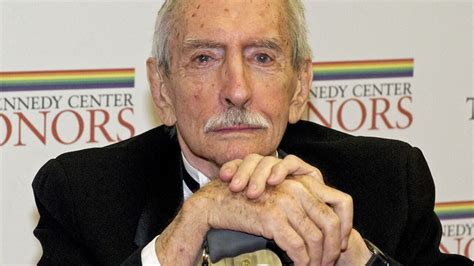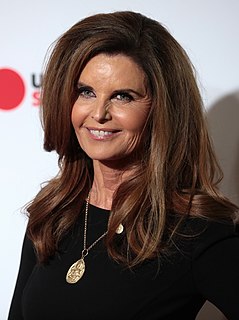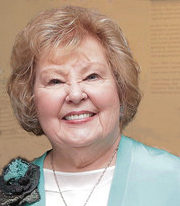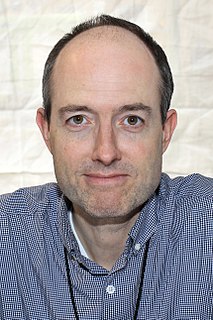A Quote by Michael Pollan
The single greatest lesson the garden teaches is that our relationship to the planet need not be zero-sum, and that as long as the sun still shines and people still can plan and plant, think and do, we can, if we bother to try, find ways to provide for ourselves without diminishing the world.
Related Quotes
This is what I find most magnetic about successful givers: they get to the top without cutting others down, finding ways of expanding the pie that benefit themselves and the people around them. Whereas success is zero-sum in a group of takers, in groups of givers, it may be true that the whole is greater than the sum of the parts.
But in the garden the sun still shone. The innumerable bees hummed. The scent of thyme hung on the air. But only the Natterjack was there to breathe the fragrant essence of it. He and the garden were waiting. They were waiting for more children. They didn't care how long they waited. They had all the time in the world. -The Time Garden, Edward Eager
Let me put it in a rather larger picture framework. Let's go to the longest time frame, the time frame of the life of our sun. As a star, our sun is about halfway through its life cycle. In the long run, we only have a couple of billion more years likely that we can inhabit this planet. By that time, we're going to have to be out of here before our sun dies. Now, I don't think we need to wait that long, and we certainly shouldn't wait that long. At the moment, we are not on a sustainable path.
When we're incomplete, we're always searching for somebody to complete us. When, after a few years or a few months of a relationship, we find that we're still unfulfilled, we blame our partners and take up with somebody more promising. This can go on and on - series polygamy - until we admit that while a partner can add sweet dimension to our lives, we, each of us, are responsible for our own fulfillment. Nobody else can provide it for us, and to believe otherwise is to delude ourselves dangerously and to program for eventual failure every relationship we enter.
President Trump sees the world in transactional and zero-sum terms - if something is good for China, it must be bad for the U.S. By contrast, economists see the world in much more nuanced ways: if globalization is well-managed, it can be a positive-sum game, where both the U.S. and China gain; if it is badly managed, it can be negative-sum.
I tremble for our world, where, in the smallest ways, we find it impossible, as Marshall Hodgson enjoined, to find room for the other in our minds. If we cannot accommodate a viewpoint in a friend without resorting to unkindness, how can we hope to heal the terrible problems of our planet? I no longer think that any principle or opinion is worth anything if it makes you unkind or intolerant.
I think it's time we ask ourselves if we still know the freedoms that were intended for us by the Founding Fathers... Whether we believe in our capacity for self-government or whether we abandon the American Revolution and confess that a little intellectual elite in a far-distant capital can plan our lives for us better than we can plan them for ourselves.
I think that anyone who lives in New York, who's lived here, who's spent any time here, knows that it's basically a love-hate relationship, you might say. Even though I still think it's the greatest city in the world and I wouldn't live anywhere else, there're still things about it one doesn't like. The love far outweighs the negative.
I do believe that one of the major ways that we're out of alignment with our souls is in our disconnect from nature. I feel that we have kind of lost our natural way of being connected to the planet. We need to be rooted on the planet. We experience ourselves as kind of isolated from that, and I actually think that's a great cause of the suffering that many of us are experiencing, whether consciously or unconsciously.
When we reveal ourselves to our partner and find that this brings healing rather than harm, we make an important discovery - that intimate relationship can provide a sanctuary from the world of facades, a sacred space where we can be ourselves, as we are ...This kind of unmasking - speaking our truth, sharing our inner struggles, and revealing our raw edges - is sacred activity, which allows two souls to meet and touch more deeply.





































